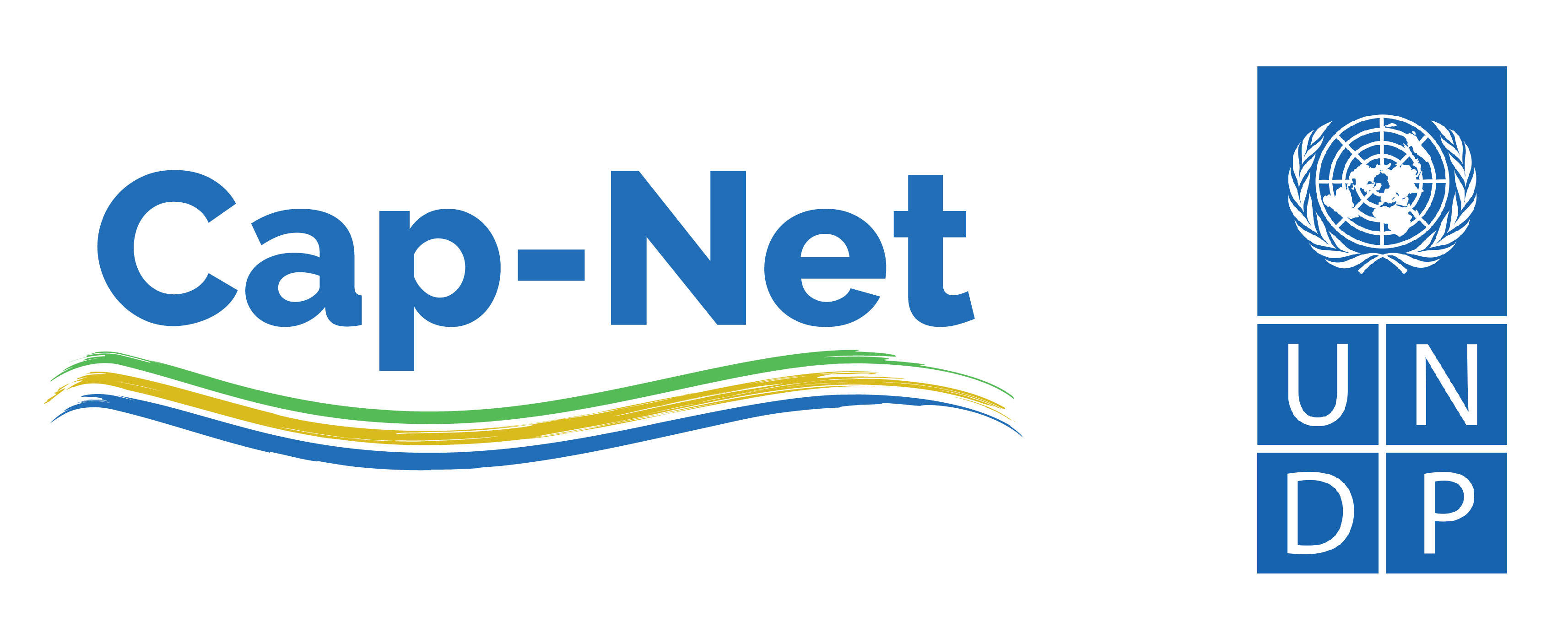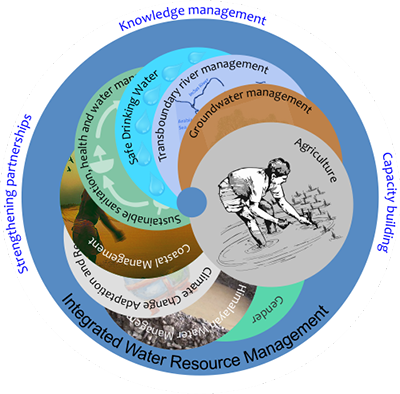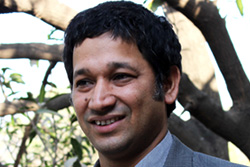Monitoring, Evaluation & Learning
-
During 2018, two capacity-building activities (CBA) were organized by SaciWATERs CapNet Network (SCaN). Both the activities were selected for evaluation to understand the training outcomes and impacts that have benefitted the participants professionally and individually and also to identify the aspects of designing need-based training where the further emphasis is needed in future. The team used a mixed method to evaluate both of these trainings. For the South Asian Water regional workshop on leadership and research methodologies, questionnaire was prepared as a Google Form and shared with all the participants through e-mail. On the other hand, for the capacity building activity of ward members on water and sanitation in Kendrapara, district, Odisha Interviews were conducted with the selected participants (random sampling method) using questionnaires designed for each target group. As the participants were from the grassroots level and only understand the native language (Odiya), IRDP helped to conduct the survey.
Download Report
-
Between 2015 and 2017, SCaN conducted seven training programs, from these two regional level capacity building training programs were selected for evaluation after a gap of 1 to 2 years. The broad objective was to understand the training outcomes and impacts that has benefitted the participants professionally. The team used a mixed method (qualitative and quantitative) to evaluate both of these trainings. For the convenience of the participants to respond to the survey, the questionnaire was designed as a Google Form and was shared with all the participants through e-mail. Due to the long-time gap between the training program and the evaluation survey, the response rate was very poor.
Download Report
-
During 2016, one capacity building activity (CBA) was organized by SCaN. This activity led to Capacity Building on Sustainable Management of the Brahmaputra River System. The main objectives were to sensitize a group of water researchers and journalists from Assam about the existing knowledgebase on the river that would encompass the hydrological, climatological, geomorphological, social and cultural aspects of the river and its basin, to sensitize the select target group about contemporary issues such as climate change impact, adaptation and resilience, IWRM, DRR, water security and water conflicts in the context of the Brahmaputra river basin, to conduct a day long field study in a suitable place to learn about the relationship of the river and the communities living on its banks with exploration of the adaptation, resilience, social and cultural dimensions of the synergy between the river and its people. To understand the training outcomes and impacts that has benefitted the participants professionally and individually an outcome evaluation survey was conducted after a gap of six to ten months. For the convenience of the participants to respond to the survey, the questionnaire was designed as a Google Form and was shared with all the participants through e-mail.
Download Report
-
During 2015, five capacity building activities (CBA) were organized by SCaN. These activities led to expansion of networking and knowledge development activities. These CBA were largely of regional focus on CSO’s engagement with WASH, interdisciplinary research methods, and water rights, equity and gender, integrated ground water management, and training of Swachhata Doot under the Swachha Bharat Abhyan (National Sanitation Program) of Government of India. Among them three activities were selected for evaluation and one as a case study of the CBA of 2015 to understand the training outcomes and impacts that has benefitted the participants professionally and individually after a gap of six to ten months. In addition, the evaluation is also carried out with the intent to identify the aspects of designing need-based trainings where further emphasis is needed in future. These four CBA were evaluated through survey method and case study method. For the convenience of the participants to respond to the survey, the questionnaire was designed as a Google Form and was shared with all the participants through e-mail.
Download Report
-
In 2014 SCaN conducted three training programs, from these two capacity building training programs were selected for evaluation after a gap of six to ten months. The team used a mixed method to evaluate both of these trainings. In the case of PRI representatives, the team visited the field to understand the impact of the training and interacted with the participants. Feedbacks were collected through e-mails from the participants that attended the Inclusive, Gender & Justice Approaches in Water-Based Livelihood Training.
Download Report
-
SCaN conducted six training programmes during the year (Jan - Dec) 2013, three training activities were selected for evaluation after a time lag of six to eight months. From selected training programmes, feedback was collected via email from the participants of the two training programmes. A web link to the documentary film that was developed based on the third training programme is presented as a Case Study.
Download Report



